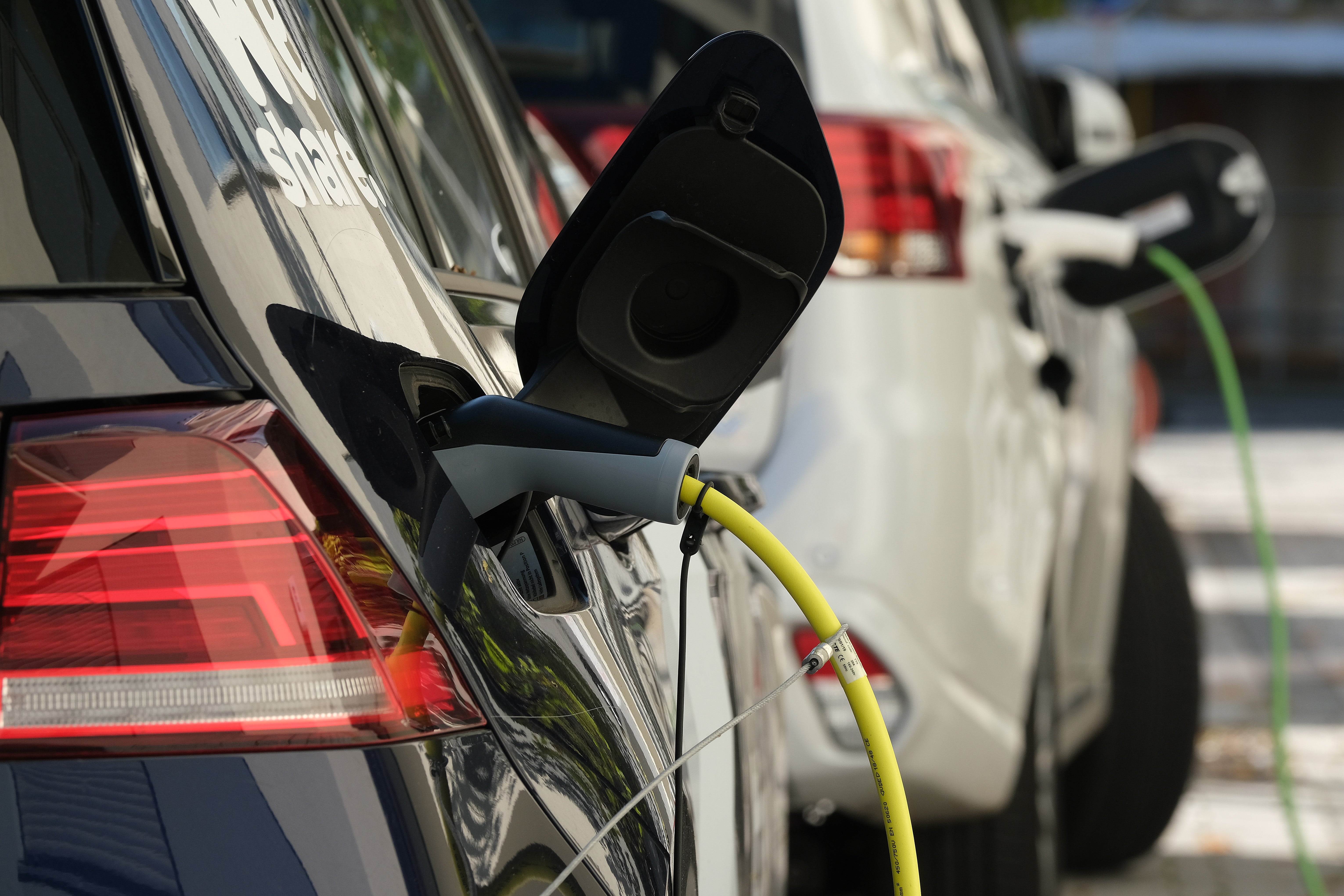Sulfur battery breakthrough could be the future of electric planes, trains, and automobiles, scientists say
Lithium-sulfur batteries, rather than lithium-ion, could hold secret to new electric future

Lithium-ion batteries, the ones inside most smartphones and electric cars, could be replaced with a whole new chemical composition that would make them work even more efficiently.
The battery standard is used in a variety of devices – including laptops, smartwatches and e-cigarettes – but the batteries simply cannot keep up with the development of consumer technology.
Lithium-sulfur batteries have been suggested as a potential alternative, but the accumulation of lithium sulfide and lithium polysulfide eventually degrades the batteries.
The issue is so well documented it is known as the “polysulfide shuttle”, as electrolytes move from one end of the battery to another.
However, sulfur batteries are significantly cheaper and could be a solution to the battery problem – as long as scientists can come up with a way to alleviate the issue.
The solution, according to scientists from Gwangju Institute of Technology (GIST) in South Korea, is finding a catalyst – a substance that can be used during a chemical reaction to change the reaction without being consumed – that would make the degradation of lithium-sulfur batteries reversible during use.
“While looking for a new electrocatalyst for the lithium-sulfur batteries, we recalled a previous study we had performed with cobalt oxalate (CoC2O4) in which we had found that negatively charged ions can easily adsorb on this material’s surface during electrolysis,” explained Professor Jaeyoung Lee.
“This motivated us to hypothesize that cobalt oxalate would exhibit a similar behaviour with sulfur in lithium-sulfur batteries as well.”
The scientists tested their hypothesis by making a lithium-sulfur battery by adding a layer of cobalt oxalate on a sulfur cathode.
They found that the catalyst was able to absorb sulfur and allow solid lithium sulfide and liquid lithium polysulfide. The absorption also prevented the lithium-sulfur battery from self-discharging, meaning that the battery life, performance, and energy storage were all improved.
The new batteries, Professor Lee suggested, could “enable efficient electric transportation such as in unmanned aircrafts, electric buses, trucks and locomotives, in addition to large-scale energy storage devices”.
The Gwangju Institute of Technology, whose research has been published in ChemSusChem, is not the only academic organisation who has been looking into this research.
Monash University has created a lithium-sulfur battery that can apparently power a phone for five continuous days, or allow an electric vehicle to travel more than 1,000km without needing to recharge.
In 2017, scientists at Berkeley Lab also devised a method of replacing sulfur with seaweed, which they claim will be able to give the batteries and even longer lifespan.
This is because, as Wired reported, seaweed can be used as a binder to keep the active materials together while reacting with the sulfer so that it does not dissolve.
“There’s a lot of demand for energy storage, but there’s very little chemistry that can meet the cost target,” said battery scientist Gao Liu.
“Sulfur is a very low-cost material – it’s practically free. And the energy capacity is much higher than that of Lithium-ion. So Lithium-sulfur is one chemistry that can potentially meet the target.”
Join our commenting forum
Join thought-provoking conversations, follow other Independent readers and see their replies
Comments
Bookmark popover
Removed from bookmarks